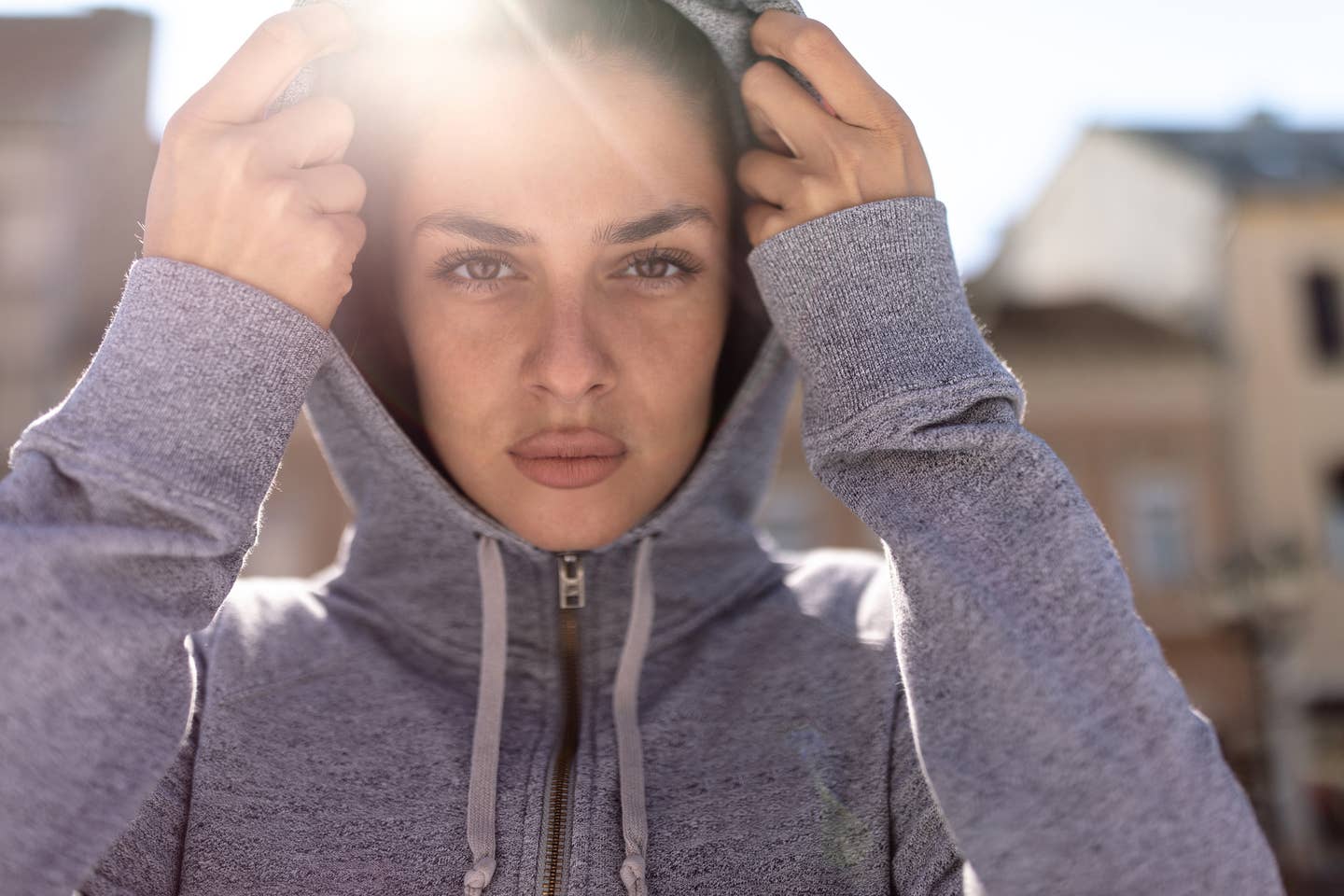
Is Eating More Plant-Based Foods the Secret to Eye Health?
There are a few spots in the body better designed than others. The skull is pretty good. Opposable thumbs are amazingly useful. But knees could use an overhaul, perhaps. And eyes? They’re often in need of support before we’re old enough to read. But can a diet rich in plants help with eye health?
A little anecdote: When I was in the first grade, I wore glasses. Not just any old glasses—bifocals, just like my grandmother. I had weird stuff going on like being near- and far-sighted at the same time, apparently. Everyone in the family wore glasses so it didn’t seem like a big deal. But then, I lost them. (They were actually stolen and stepped on by Jimmy Berman’s friend Steve when we were having a little fight on the playground. Six-year-old romance is complicated. But as far as my parents were concerned, I lost them, okay?) So, back to the optometrist, we went for a new prescription. Except, this time, he said I didn’t need them.
It’s not uncommon for sight to change, especially in a child. But to go from bifocals to eyeglass-free was unexpected. The doctor said that by high school my poor sight would return and I’d need glasses again. That didn’t happen. And now, some, ahem, thirty years since high school, and I’m still 20/20—even after sitting at a computer all day while everyone else is my family wears glasses.
The biggest difference between me and the rest of my family? I went vegan shortly after high school. And I didn’t just give up animal products, I went deep into “hippy food” territory—carrot juice and steamed kale were daily feasts. And it turns out, they may have done my still-developing eyes a whole world of good.
Does Diet Affect Eye Health?
Not only do “eye-healthy” foods like beta-carotene-rich carrots and sweet potatoes and dark leafy greens like kale help improve eyesight, but a poor diet can make eyesight worse, faster.
New findings published in the British Journal of Ophthalmology suggest the standard American diet, which is heavy in processed meat, fried foods, and sugar, can increase the risk of age-related macular degeneration.
According to the study, a standard meat-heavy diet increased the risk of macular degeneration by three-fold over healthier diets. Those who ate more fruits and vegetables (the study also included eating poultry, fish, and dairy in that subset) saw a decreased risk.
That decreased risk came with higher consumption of carrots and greens.
“Foods that are part of the Western diet are less nutrient-dense, meaning they provide less of the beneficial nutrients needed for the eyes per calorie contents than such food as fruits and vegetables,” study coauthor Amy Millen, Ph.D., of The State University of New York, Buffalo’s School of Public Health and Health Professions, said in an interview.
And she pointed to another correlation: inflammation. Foods generally considered unhealthy—that Standard American Diet, once again—don’t just affect our weight or risk for heart disease or cancer. According to Millen, like all things, diet is connected to our eye health.
“Most people understand that diet influences cardiovascular disease risk, and risk for obesity, but I’m not sure how much the average person thinks about diet as connected to vision loss,” said Millen. “But what you eat to maintain good health is also related to what you eat to maintain good vision.”
More From The Beet






